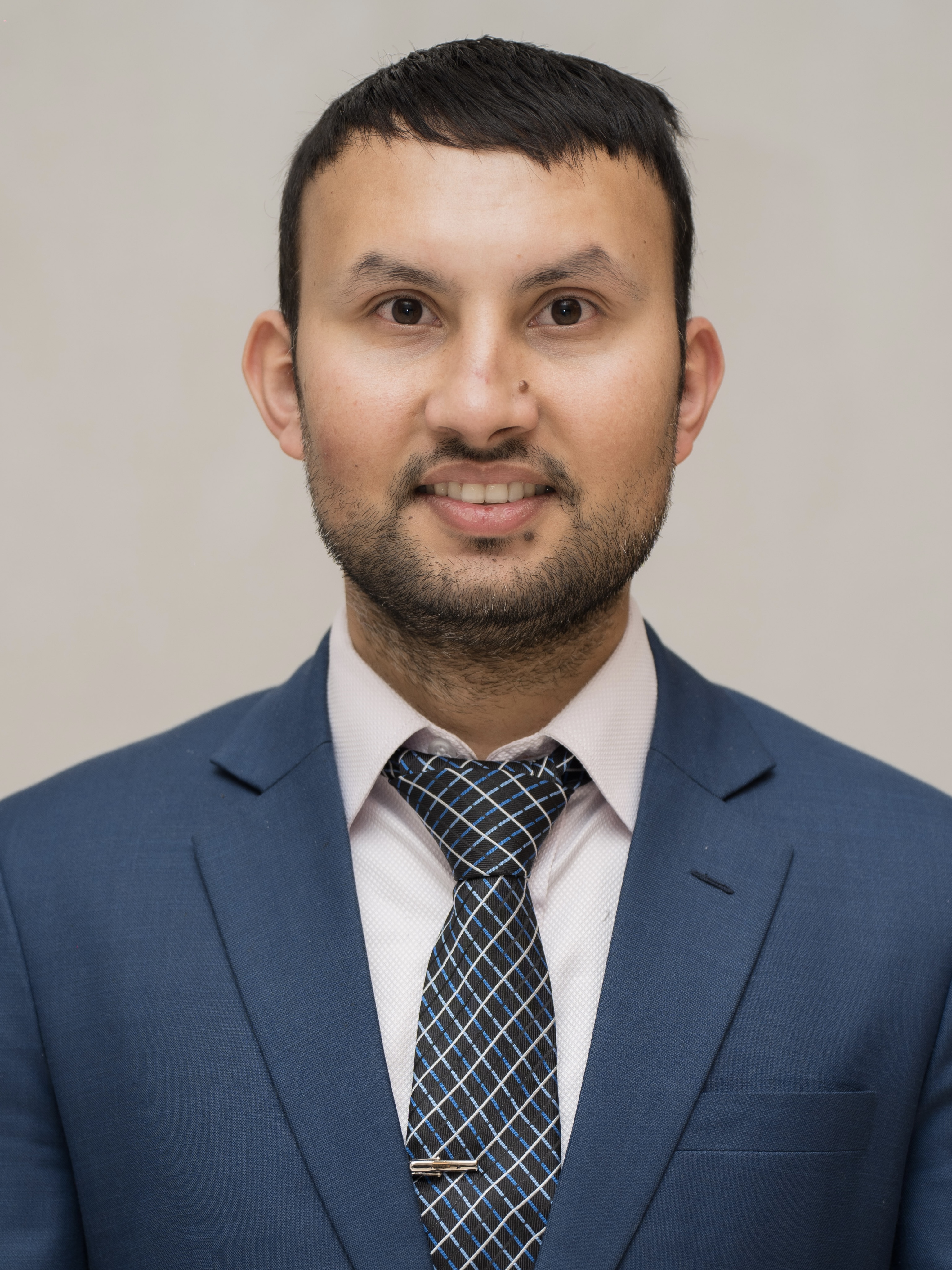Columns
Unequal vaccine distribution
The underdeveloped countries fell prey to a nexus between wealthy nations and giant firms.
Nischal Dhungel
In a globalised world, the Covid-19 pandemic tested human immunity and the relevance of global international health regulations to fight it at the individual and global levels, respectively. The pandemic has demonstrated how unprepared we were, as warned by public health experts, and it should be a wake-up call to not let it happen again. The pandemic has also exposed that control and power do not necessitate invasion or military control over poor and less developed countries. In the modern world, power and control exist in different forms, unlike in the old history of colonialism.
One can observe significant distinctions regarding the emergence of global health in the 1990s and early 2000s, which has become a tool for influencing country-led decisions (primarily rich countries) in favour of aid-giving countries—a sort of soft power political control. These relationships built on reliance, subjection and Shylock-like indebtedness are problematic in their intent and consequence. Nonetheless, they work in a colonial paradigm through public and global health, humanitarian aid, international non-governmental organisations and global health governance.
Neo-colonial power
Let us look closely at the Covid-19 pandemic and how the new form of neo-colonial power unfolded. Low-income countries do not have substantial fiscal space to provide stimulus packages. Rich countries have this advantage to make progress in reviving their economy faster. Low-income countries face the double burden of saving lives and recovering economic losses. Against this backdrop, vaccinating people against the deadly viruses that we have seen in a long time makes an enormous difference in saving lives and making a remarkable economic recovery. Vaccination statistics show that 79 percent of the population in wealthy and upper middle-income countries received at least a single dose compared to 14 percent in low-income countries. Approximately 35 percent of the world’s population has not received at least one dose, while more than 42 percent of the world’s population has not been fully vaccinated. One can easily observe the inequitable distribution of vaccines between the Global North and the Global South. For instance, the People’s Vaccine Alliance reported that Canada possesses enough Covid-19 vaccine doses to jab each citizen five times over.
Meanwhile, low-income countries only have enough vaccines to protect one out of 10 people. Moreover, nearly two years after the pandemic outbreak that has cost almost 6 million lives, critical plans to speed up vaccination access have stagnated. Most importantly, the underdeveloped countries fell prey to a substantial nexus between wealthy nations and giant firms like Moderna/Pfizer because of their hesitancy to transfer technology and patent rights.
It is a wake-up call to revamp a global treaty or convention to avoid future pandemics. And in order to avoid another pandemic, immediate action is required. Examining the International Health Regulations (IHR 2005) might be a good beginning. It is not just a virus that we have to be concerned about; we also have to be worried about the health of populations, economy and labour market. The IHR is an international legal instrument that governs measures to prevent the spread of infectious illnesses across national borders. The 58th World Health Assembly adopted the IHR in 2005. According to the World Health Organisation, “The IHR 2005 has purpose and scope to prevent, protect against, control and provide a public health response to the international spread of disease in ways that are commensurate with and restricted to public health risks, and which avoid unnecessary interference with international traffic and trade.”
Public health experts openly spoke and proposed a reform of the IHR 2005. There are some components found to be ineffective. Although countries may not comply with the IHR for a variety of reasons, the IHR’s unenforceability is a major impediment to global public health. Despite being legally binding on all 194 member states of the World Health Organisation who are parties to the IHR 2005, the essential capacity criteria have been poorly implemented in a majority of countries, particularly in resource-poor and vulnerable countries. For example, the IHR does not grant the World Health Organisation enough power to impose sanctions, intervene or hold states parties accountable for violations or non-compliance.
Furthermore, the World Health Organisation lacks the resources, political autonomy or capacity to prohibit countries from rejecting its expert advice. A research study titled “A Global Public Health Convention for the 21st Century” published in The Lancet Public Health Journal in 2021 has identified some reforms such as authorising an autonomous governing body sustainable funding that would improve the current global public health system. Discussions among World Health Organisation member nations (particularly those from the Global South) about a new pandemic treaty’s potential benefits, drawbacks and scope is a step in the right direction to reform the IHR 2005.
Another way to strengthen Covid-19 response is to provide clear, open and concise communication that is backed up by data. Not politicians, but scientists, doctors and community leaders must take the lead in enlightening the public. Vaccine distribution in extensive settings is possible, but it must be decentralised. We also need cutting-edge, imaginative advertising to encourage immunisation.
Commendable efforts
Despite these unfortunate developments, the efforts of several organisations to push for equitable access to vaccines are commendable. Action partners made a last-ditch effort to rally funders behind the Coalition for Epidemic Preparedness Innovations replenishment 100 Days Mission to prevent epidemics and save lives. The AIDS Healthcare Foundation’s worldwide campaign Vaccinate Our World urges international organisations like the World Health Organisation and Global Fund to commit to meaningful change to make vaccines available to every country. The role of the Global Fund is crucial in putting a stop to epidemics and establishing robust, equitable and accessible health systems.
The Covid-19 pandemic demonstrated how the world’s existing health system failed when it was most needed, resulting in terrible human and economic effects. The pandemic made us realise that “no one is safe until everyone is safe”. Humanity should always come first. With adversity, however, comes opportunity. It is high time the world learned from the pandemic’s bitter lessons to protect global health from future epidemics better. Lastly, it is an opportunity to rethink, refocus and update the world’s current public health security framework.




 9.7°C Kathmandu
9.7°C Kathmandu















